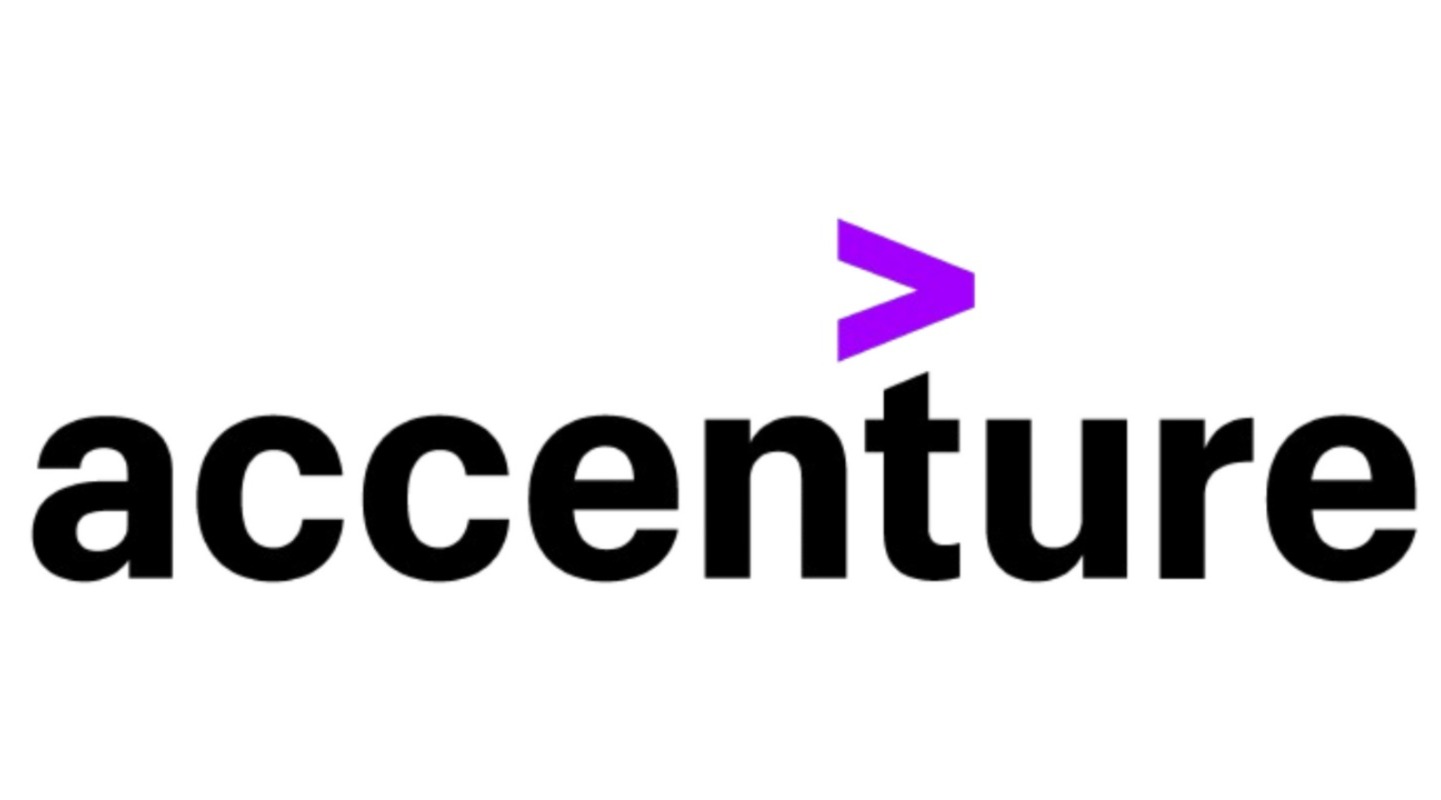Accenture Restructures Workforce Amid AI Surge: 11,000 Jobs Cut Globally- Artificial intelligence has become more than just a buzzword in boardrooms — it is actively reshaping how global corporations operate, hire, and allocate resources. A prime example of this transformation can be seen in Accenture, one of the world’s largest consulting and IT services firms. The company recently confirmed that it has reduced over 11,000 jobs worldwide, citing its shift toward artificial intelligence, automation, and digital capabilities as a key driver behind the restructuring.
While these job losses represent a painful transition for thousands of employees, the move also illustrates the profound changes taking place in industries where knowledge work was once thought to be secure.
Why Accenture is Restructuring Now
Accenture employs nearly 800,000 people across more than 120 countries, making it one of the biggest employers in the consulting sector. Yet even a company of this scale is not immune to the sweeping changes AI is bringing.
The firm has launched an $865 million restructuring program, which involves significant severance and transformation costs but aims to streamline operations. According to CEO Julie Sweet, the company is focusing its resources on areas with the greatest growth potential — namely artificial intelligence, data analytics, and digital transformation services.
In her words, Accenture is “exiting roles that cannot be reskilled or redefined for the AI era.” That statement reflects a stark reality: not all jobs can be adapted to the AI-driven future, and some positions are being eliminated outright.
The Double Movement: Cuts and Investments
At first glance, cutting 11,000 jobs suggests contraction. But Accenture’s strategy isn’t simply about reducing headcount — it’s about reshaping its workforce for the digital age.
Exiting outdated roles: Many administrative, repetitive, or low-value tasks are being automated by AI platforms. These functions once required thousands of employees but can now be performed faster and at lower cost by intelligent systems.
Hiring into AI roles: While traditional positions are being phased out, the company is actively expanding its teams of AI and data specialists. Reports indicate that Accenture now employs over 77,000 professionals in AI and data — nearly double the figure from two years ago.
Reskilling where possible: Employees who can transition into AI-related functions are being offered training programs. However, not everyone can make this leap, leading to the current wave of layoffs.
This two-pronged strategy — letting go of some workers while aggressively hiring others — reflects a broader trend across the technology and consulting sectors.
Not Just Accenture: An Industry in Flux
Accenture is not alone in making painful adjustments. Other major technology and IT services companies are undergoing similar transformations:
Tata Consultancy Services (TCS) has seen reports of large job exits this year, with analysts linking the downsizing to automation and the integration of AI into client operations.
Salesforce and Oracle have reorganized divisions to align with their new AI-driven product strategies, reducing some staff while expanding others in cloud and data roles.
Microsoft, Google, and Meta — despite their strong financials — have each announced job cuts in certain business lines over the past year, even as they hire aggressively for AI product and research teams.
What these moves have in common is the belief that AI will not only optimize existing business functions but also redefine what services and products companies deliver.
The Human Cost of AI Adoption
For displaced employees, the consequences are immediate and personal. Many of those affected are mid-career professionals whose skill sets were valuable in the pre-AI era but are now increasingly redundant. Transitioning into AI-related roles requires intensive retraining — not all employees have the resources, time, or background to make that shift.
The severance packages provided by companies like Accenture help in the short term, but the long-term challenge for these workers is to reposition themselves in a job market where AI fluency is becoming a baseline requirement.
There is also a psychological cost. Job security in knowledge-based roles was once considered relatively stable. The realization that even white-collar jobs can be automated has created unease across industries, raising questions about how work will be valued in the coming decade.
The Silver Lining: New Opportunities in AI
Despite the disruption, there are reasons for cautious optimism. The demand for AI engineers, data scientists, cloud specialists, and AI governance professionals is surging. Salaries in these areas are rising sharply, and companies are competing to attract skilled talent.
Accenture itself continues to hire for these roles even while downsizing others, signaling that the company is not shrinking but pivoting. For employees willing and able to retrain, opportunities exist within the same firms that are laying people off. Governments and industry groups are also stepping in with reskilling initiatives, though the effectiveness of these programs remains to be seen.
Lessons for the Wider Economy
Accenture’s decision offers several takeaways that resonate beyond consulting:
1. AI is not just a tool — it is an economic force. Entire categories of work are being automated faster than anticipated.
2. Reskilling is critical, but not universal. Some workers can transition; others cannot. Policymakers will need to address the growing divide.
3. Business models are changing. Firms that fail to adapt to AI will risk falling behind competitors who restructure early.
4. Workers must adapt proactively. Waiting for companies to provide training may not be enough; individuals should consider acquiring AI-related skills independently.
Conclusion: A Glimpse of the Future
The 11,000 job cuts at Accenture are not an isolated event but a signal of the broader transition taking place across industries. Companies are restructuring not because they are failing, but because they are investing in a future where AI plays a central role.
For employees, the message is clear: the skills that sustained careers in the past may not guarantee stability in the future. For companies, the challenge is to balance efficiency with responsibility — ensuring that the human cost of technological change does not outweigh the gains.
As artificial intelligence accelerates, the story of Accenture may be remembered as one of the first large-scale corporate experiments in restructuring around AI. What follows could be even more transformative — for businesses, for workers, and for the global economy.




)